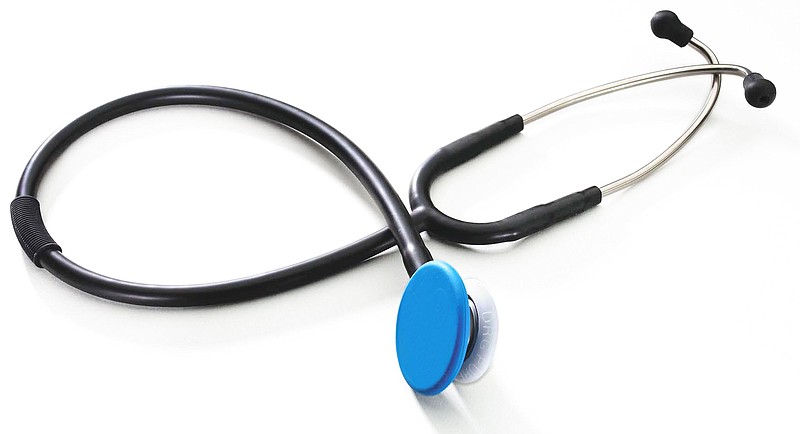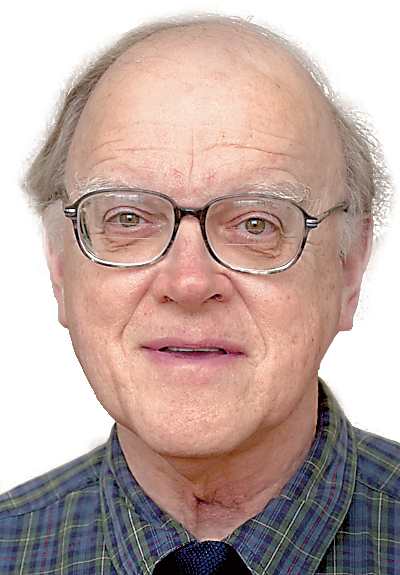The United Kingdom launched its National Health Service (NHS) 70 years ago. It exemplifies a single-payer, government-run, comprehensive medical system.
The UK's post-war economy remained in shambles when the Labor Government passed legislation establishing NHS, which began operations on July 5, 1948. Aneurin Bevan, Minister of Health and Housing, based the program's design on a mutual-aid society in his native Wales. From the outset, the guiding principle of NHS was health care free at the point of service for all citizens and legal residents of the UK.
Minor differences exist between NHS services in England, Scotland, Wales and Northern Ireland. The government in each domain employs staff and operates hospitals. General practitioners comprise roughly half of the physician workforce. Each practice serves as a "medical home" for its patients. The GP provides preventive care, continuing care for many chronic problems and referrals when needed. Specialists are predominantly hospital-based.
NHS is funded from general tax revenues. The UK devotes 10 percent of its Gross Domestic Product, approximately $4,200 per capita, to achieve near-universal health care. This contrasts with 17.3 percent GDP that the U.S. devotes to health care. An estimated 30 million Americans lack health-care coverage.
Fewer than 10 percent of UK residents choose to obtain their care outside the NHS.
Here's how a typical medical encounter might unfold: I awaken with a cough and fever. I contact the general practitioner in whose office I am registered for an appointment. She examines me, orders lab work and writes a prescription for an antibiotic and a cough syrup. There is no charge for the visit to my physician. Minimal paperwork is generated.
Imagine that I have worsening hip pain. After evaluating me, my GP refers me to an orthopedic specialist at a nearby hospital. He determines that I need a hip replacement. I pay nothing for his evaluation, an MRI and other diagnostic services, the resulting surgery and required post-op physical therapy. The downside is that I may have to wait months for the procedure.
After-hours problems are addressed by calling the GP on call for my care or a nationwide help line. Emergency care is provided by the Accident and Emergency Service at hospitals.
Pharmacy costs are complex. I will pay approximately $13.60 per prescription. If I require multiple continuing medications, I may choose to pay an annual fee of $160 for coverage of all prescriptions. Medications for cancer, sexually transmitted diseases, contraception, diabetes, seizure disorders and mental disorders are provided at no cost to the patient so long as they are on a list of approved agents.
Dental care is free up to age 18. Thereafter, depending upon the procedure, I will pay a fee ranging from about $35 for a comprehensive exam to $400 for the most complex procedure such as crown and bridge work or dentures.
Eye care is free for those younger than 16 or older than 60 and for patients with glaucoma and diabetes. A fee of $60 is charged for a pair of bifocal glasses.
Hearing aids are provided at no charge on a long-term loan basis. Batteries, repairs and follow-up are free.
Long-term care for such conditions as dementia or disabling stroke is the responsibility of the patient's family to arrange placement in a chronic-care facility or care within the home.
Persistent problems have plagued NHS in recent years. An aging population requires more complex and expensive services. New therapies for diseases such as cancer are far more expensive than older therapies. An unusually severe influenza outbreak in winter 2017-18 severely strained emergency and in-patient services in many hospitals, leading to long waits and overwhelmed staff. Underfunding of NHS has continued since 2010 with 1 percent annual increases in the budget. NHS England has been promised a 3.4 percent boost in government funding.
Brexit, the planned departure of the UK from the European Union, poses a special problem in that an estimated 12 percent of NHS physicians are citizens of EU countries. Surveys indicate that a majority of these physicians plan to leave the UK if Brexit comes to pass. Supporters of Brexit promised that money paid by the UK to the EU would be diverted to support the NHS after separation was complete.
I spent three years in medical training in the UK. Physicians I have known since that time remain loyal to the NHS. Other friends in England and Scotland are quite content with NHS services. Emergencies have been addressed promptly. They accept waits for elective consultations and surgeries. There is no support for dismantling the NHS.
For further information, consult www.nhs.uk.
Clif Cleaveland, M.D., is a retired internist and former president of the American College of Physicians. Email him at ccleaveland@timesfreepress.com.

